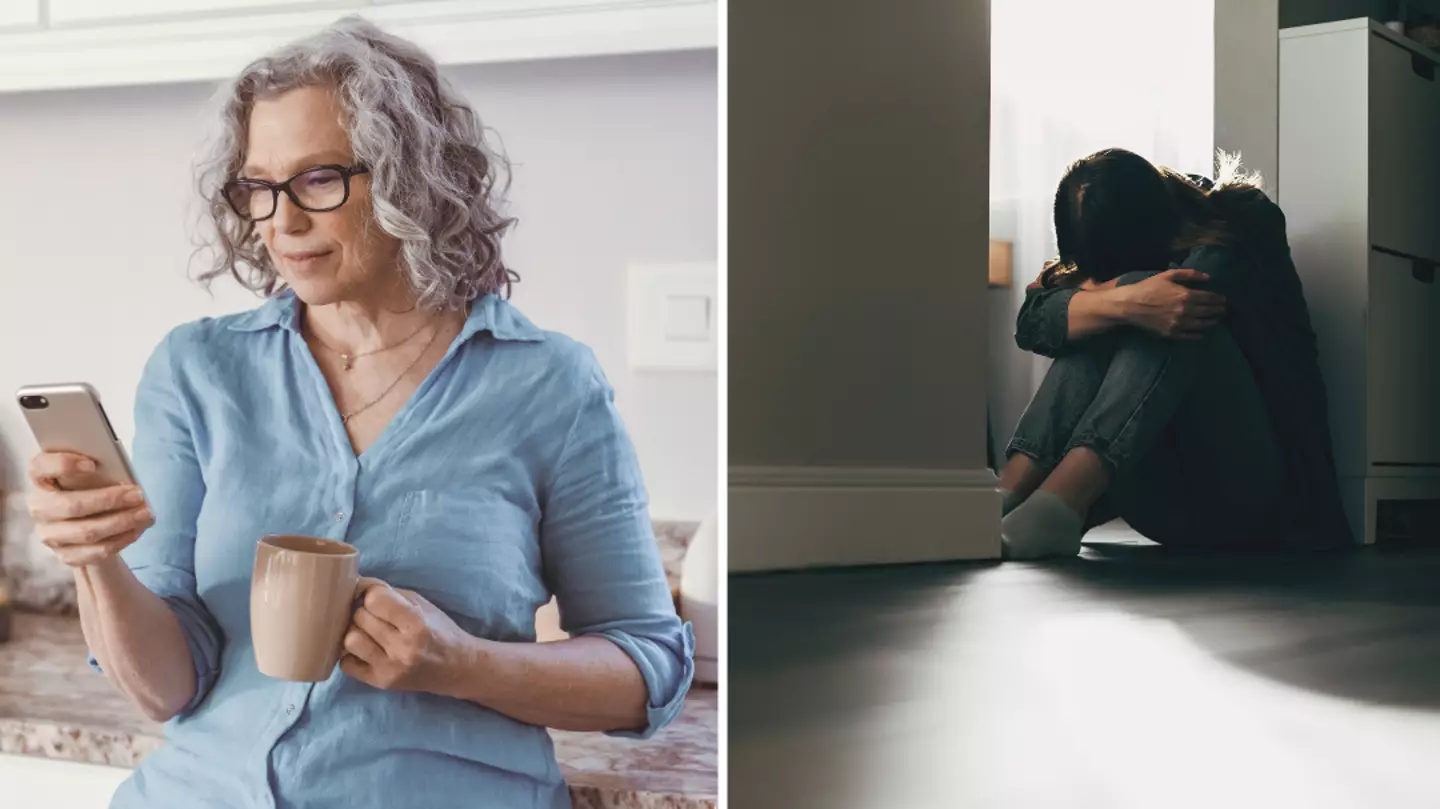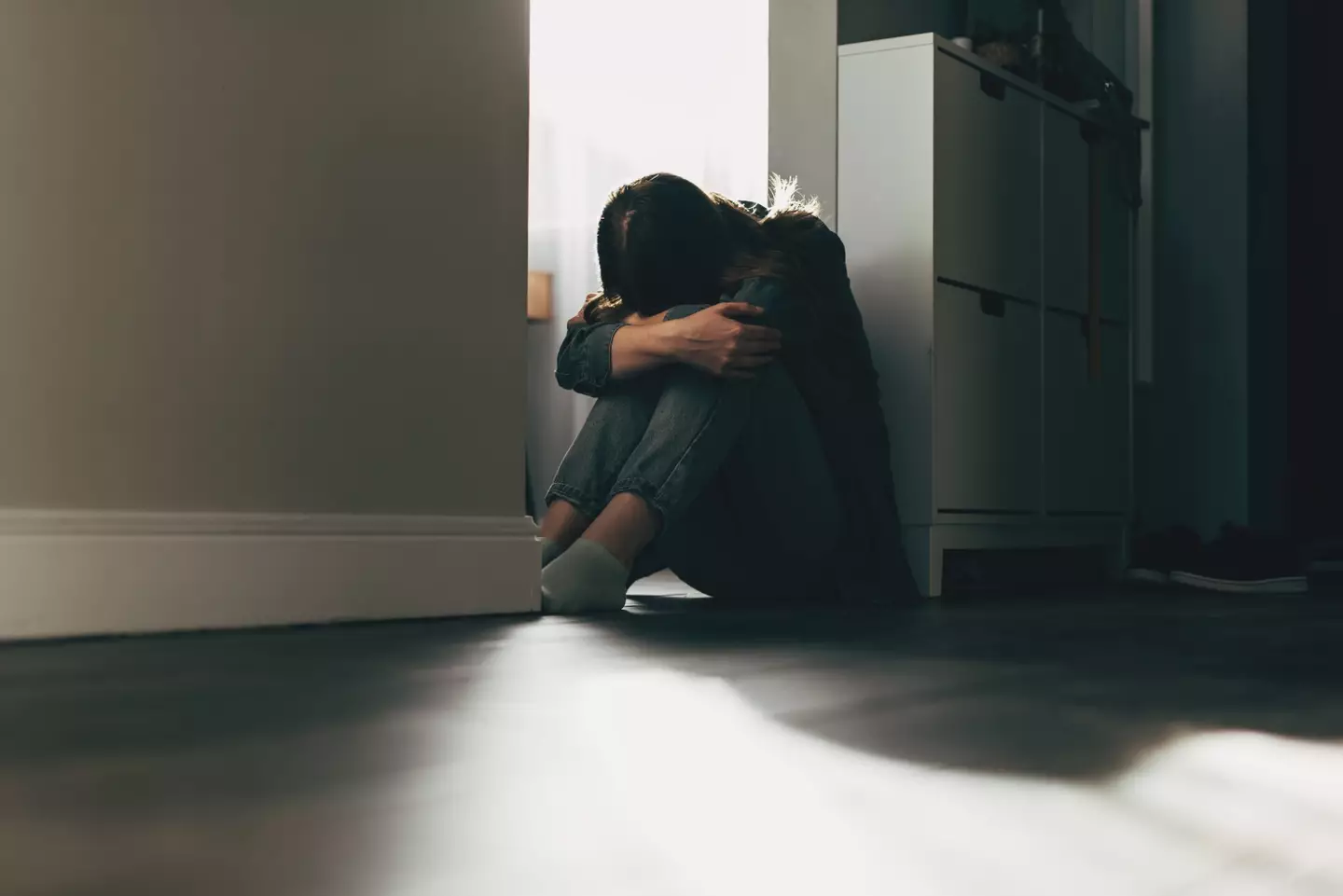
Phobias are usually characterised by an intense feeling of uneasiness that can impact our daily lives.
More pronounced than fears, they can get overwhelming and are normally identifiable when a person has an exaggerated perception of danger around a certain situation or object.
Pretty much anything can be the object of phobias. While some are more common than others — think, for example, arachnophobia aka the fear of spiders, or claustrophobia, the fear of confined spaces — others are definitely more unusual.
Paraskevidekatriaphobia is one of the lesser-known phobias and is connected to triskaidekaphobia.
Advert

Before we delve into the Greek etymology of these terms to explain what these extreme fears are all about, it has been estimated that around 8% of people living in the US suffer from paraskevidekatriaphobia and go as far as to plan their lives in avoidance of the object of their distressing thoughts.
An extension of triskaidekaphobia, that is the fear of the number 13 and lists Stephen King among the people who have it, paraskevidekatriaphobia is the phobia of Friday the 13th specifically and comes from the Greek word for Friday, ‘Paraskevi’.
This fear is also known as Friggatriskaidekaphobia, which originates from Frigg, the goddess for Friday in Norse mythology (via fearof.net).
Advert
The origin of this phobia can be traced back to numerology, which considers 13 an evil or insignificant number as it follows 12, associated with the months in a year and the zodiac signs.
In popular culture, Friday the 13th has come to be linked to bad luck, with the popular horror franchise of the same name capitalising on the superstition and depicting a series of grisly murders committed on the date.
While some slasher lovers can get a kick out of watching Mrs Voorhees and her son Jason going on a killing spree, the franchise is one that paraskevidekatriaphobes may decide to avoid.
For those with this particular phobia today (Friday 13) can be an especially challenging day. Some people may have a hard time leaving their homes on this day and can display various symptoms as the date gets closer.
Advert

Let’s take a look at what these can be, keeping in mind that if a phobia starts having a debilitating impact on your life, it may be worth seeking professional help.
Hyperventilation
Hyperventilation is also known as 'over-breathing' and it means breathing in more oxygen than your body needs, often after a combination of strong emotions.
Rapid heart rate
Tachycardia is an increased heart rate that goes up to 100 beats a minute, or more. The feeling of your heart racing may increase fear of having a heart attack or dying.
Lightheadedness or dizziness
Feeling dizzy and weak as the day approaches may be another sign of paraskevidekatriaphobia. Nervous giggling can also be a symptom of the phobia.
Refusing to leave the home on this day
Those struggling with paraskevidekatriaphobia may avoid leaving their house on Friday the 13th. Some will find excuses to stay home and be in a distressed state if they're forced to do so.
Indulging in ritualistic behaviour
Some will perform some rituals and/or compulsions thinking it would repel the negative energy of Friday the 13th.
Thoughts of death
Some may experience distressing thoughts, with terrifying scenarios playing in their mind.
Topics: Astrology, Health, Mental Health, Advice
